Kenya telecom giant Safaricom, which accounts for 63.6% market share of the mobile telecom operator in Kenya, takes a shot at Spotify after announcing the expansion of its Baze platform to include music, enabling its customers to enjoy a mobile-first, ad-free, music streaming experience from as little as KES 10 per day.
 Baze was initially launched as a subscription-based mobile-first, video-on-demand service more like TikTok, YouTube, and Netflix all-in-one platform and offering a wide selection of local and regional short-form videos in entertainment, music, news, and sports, placing entertainment Kenyans longed for at their fingertips. The platform also provides a medium for Kenyan local content creators to share their original video works and earn revenue.
Baze was initially launched as a subscription-based mobile-first, video-on-demand service more like TikTok, YouTube, and Netflix all-in-one platform and offering a wide selection of local and regional short-form videos in entertainment, music, news, and sports, placing entertainment Kenyans longed for at their fingertips. The platform also provides a medium for Kenyan local content creators to share their original video works and earn revenue.
As of November 2021, Safaricom CEO Peter Ndegwa announced introducing streaming to the Baze platform.
“Our goal is to provide Kenyans freedom, choice and control over the content they consume, and I am delighted that our customers have enjoyed a variety of content on Baze since the platform was launched in May 2021. To further enhance their experience, we are introducing Baze Music, which will also provide Kenyan artists with a new avenue for monetizing their music in addition to the Skiza platform,” said Peter Ndegwa.
He further accounted on his official Twitter account that –
“Adding music will increase the popularity of Baze and enable Kenyan musicians to earn from their talent courtesy of a revenue share model that sees 60% going to the artists. Baze now joins Skiza as a key earning platform for content creators. #MoveToBaze”

Should Spotify be worried at this shot? Finger crossed.
While we anticipate what the future holds for Safaricom move with Baze music, let’s not neglect that similar action has been made before. Back in 2018, Safaricom introduced Songa music streaming app. It was massively launched in Kenya with adverts nearly everywhere and signed huge deals with different artists to make the platform widely accepted. It, however, failed to take off and slowly faded away.
Perhaps, could this be the resurrection of Songa reborn as Baze music? Or perhaps, this a signal to show that the Baze platform seems to be working amazingly? Does Safaricom have high faith for the music streaming to sort of work in Baze music? We wait and see.
Here Are Things You Can Do With The App (For Kenyans)
- You get a one-week pass (unlimited streaming) if you use the app for the first time. This includes 500 MB for free. You can still stream for free even if you exhaust the free allocation.
- Signing up is easy. All you need is your Safaricom number to create an account.
- The platform has 4 million songs, a couple of videos, albums and curated playlists.
- The app can create unique daily mixes akin to what Spotify does.
- You can create your playlists too.
- You can set songs as Skiza tunes.
- You can save songs for offline streaming.
- There are no ads on the Baze music platform, unlike Spotify.
- The screenshot below shows the cost of its different packages

As shown above, Safaricom is not only giving you access to their library of music at an affordable rate, they’re also looking to solve a hindrance to music streaming in the country, which remains data. So with the pass, you also get to have data to help you pour the music.
Spotify currently has the largest pie of the streaming music market in the country, followed by Apple Music, Deezer, and others. Spotify has a Freemium subscription model – accommodating both free and paid users, so it will be interesting to see which models have a magical outcome and who gets the big numbers in the end.
We wait to see what the users prefer – Spotify or Baze Music model:
- The freemium Spotify model with ads and a great set of apps for mobile, tablet, tv, cars, etc. OR
- Safaricom’s Baze music sub-premium daily pass with no downloadable apps – just web apps – and offering data to use for the streaming.
As a way of promoting and supporting Kenyan talent, Safaricom says Baze Music will feature a vast collection of local music genres, including gospel, gengetone, urban local, reggae and Bongo Flava, with over 45,000 local songs and 1.1 million international tracks available.
Among the key artists whose content is on Baze Music include Two-time Afrima Award Winner Nikita Kering, Gospel artists Daddy Owen & Guardian Angel, Trio Mio, Jua Cali, Bahati, Mejja, Nviiri The Storyteller, Femi One and Ohangla maestro Prince Indah among others.
Safaricom explains that the launch of Baze Music is a continuation of its commitment to growing Kenya’s creative and music industry.
Looking at this, I anticipate what this Kenya giant telecom makes of Baze music as the year progress.
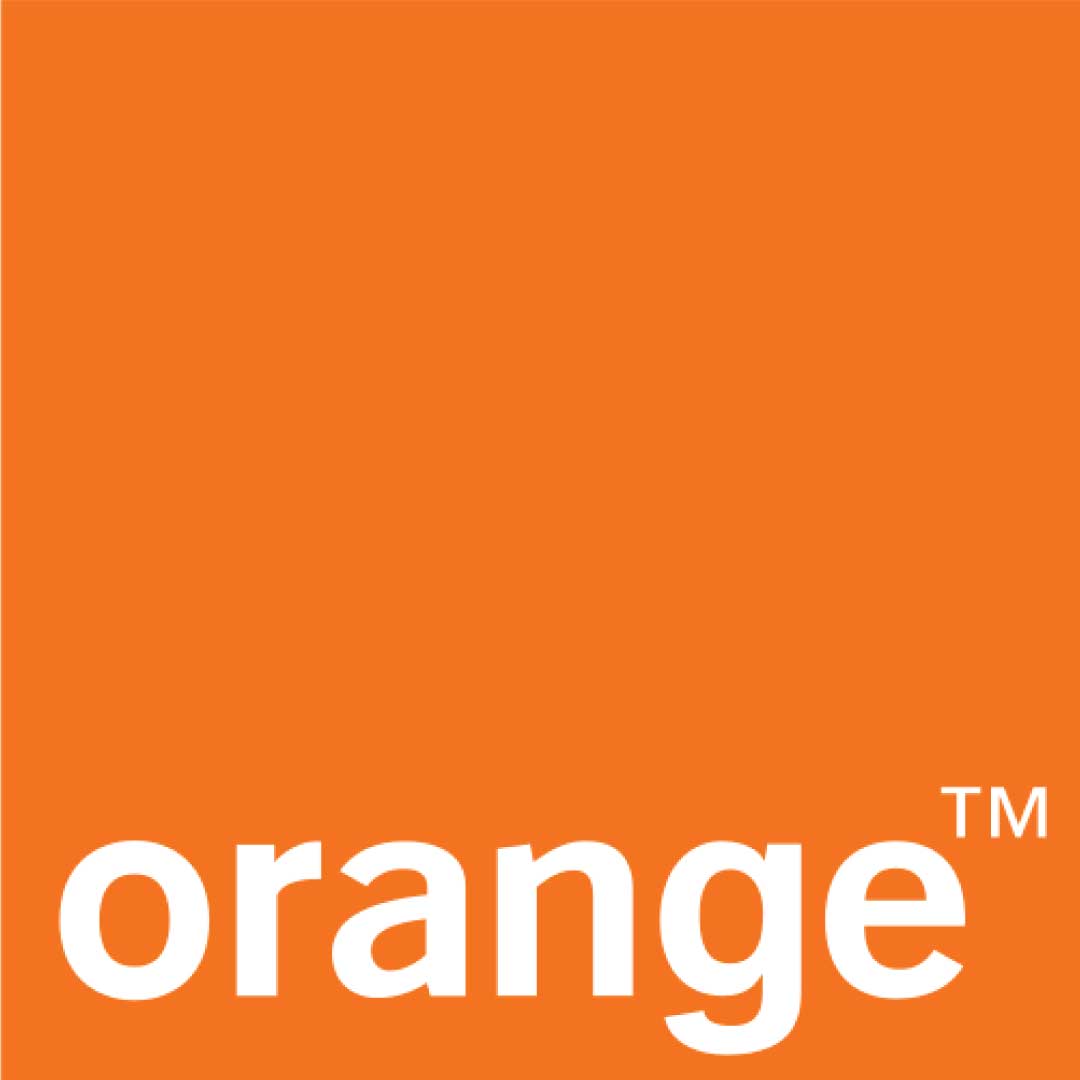
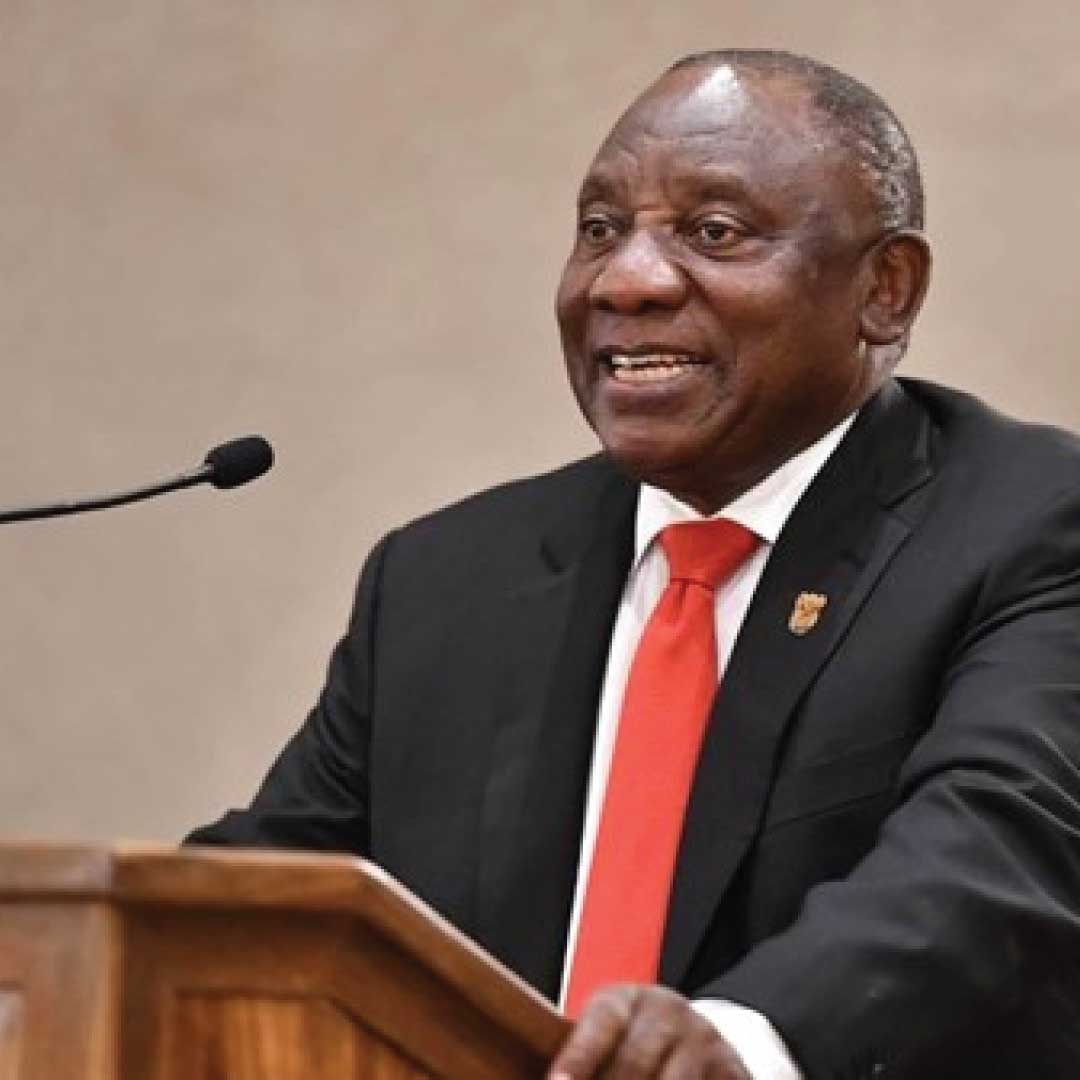

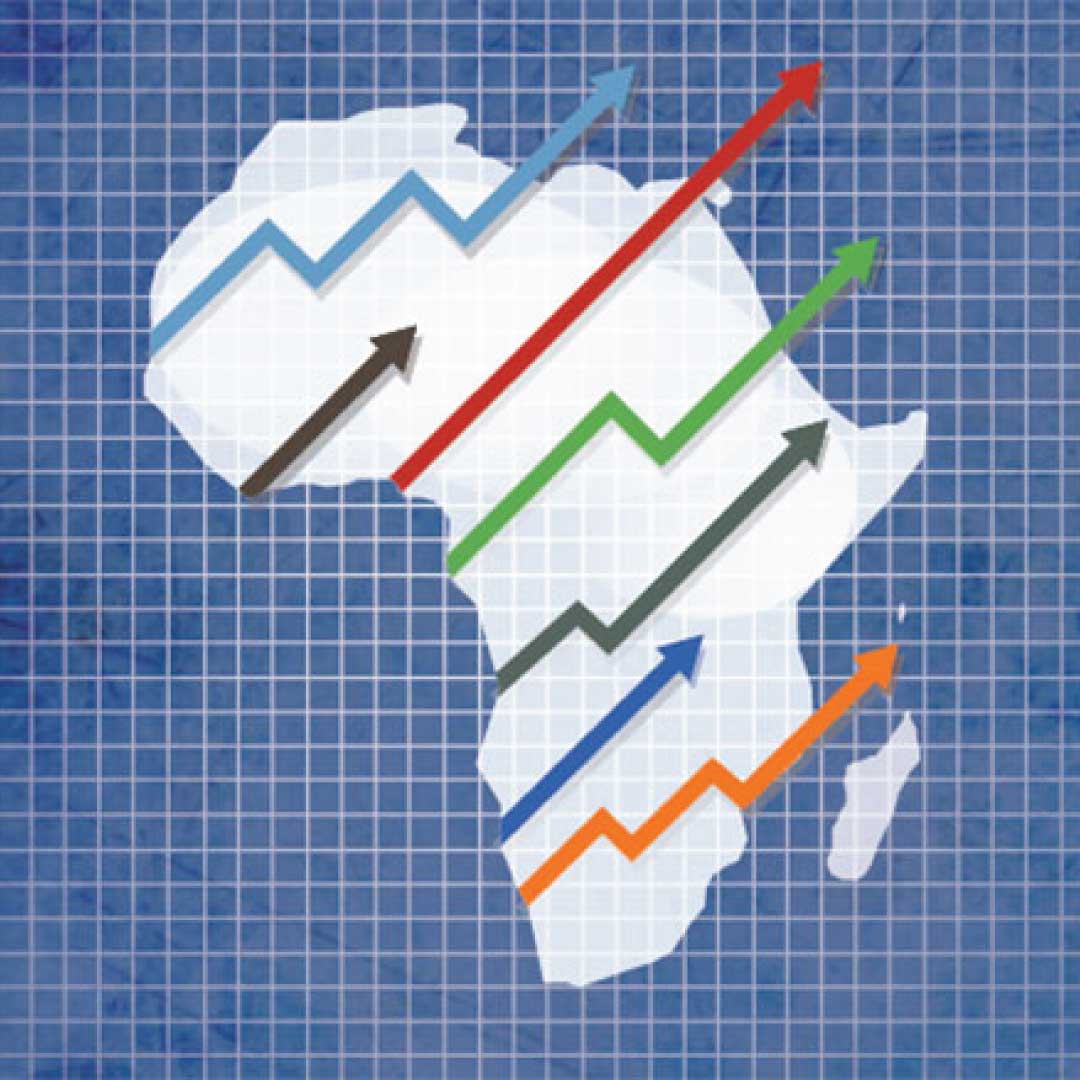
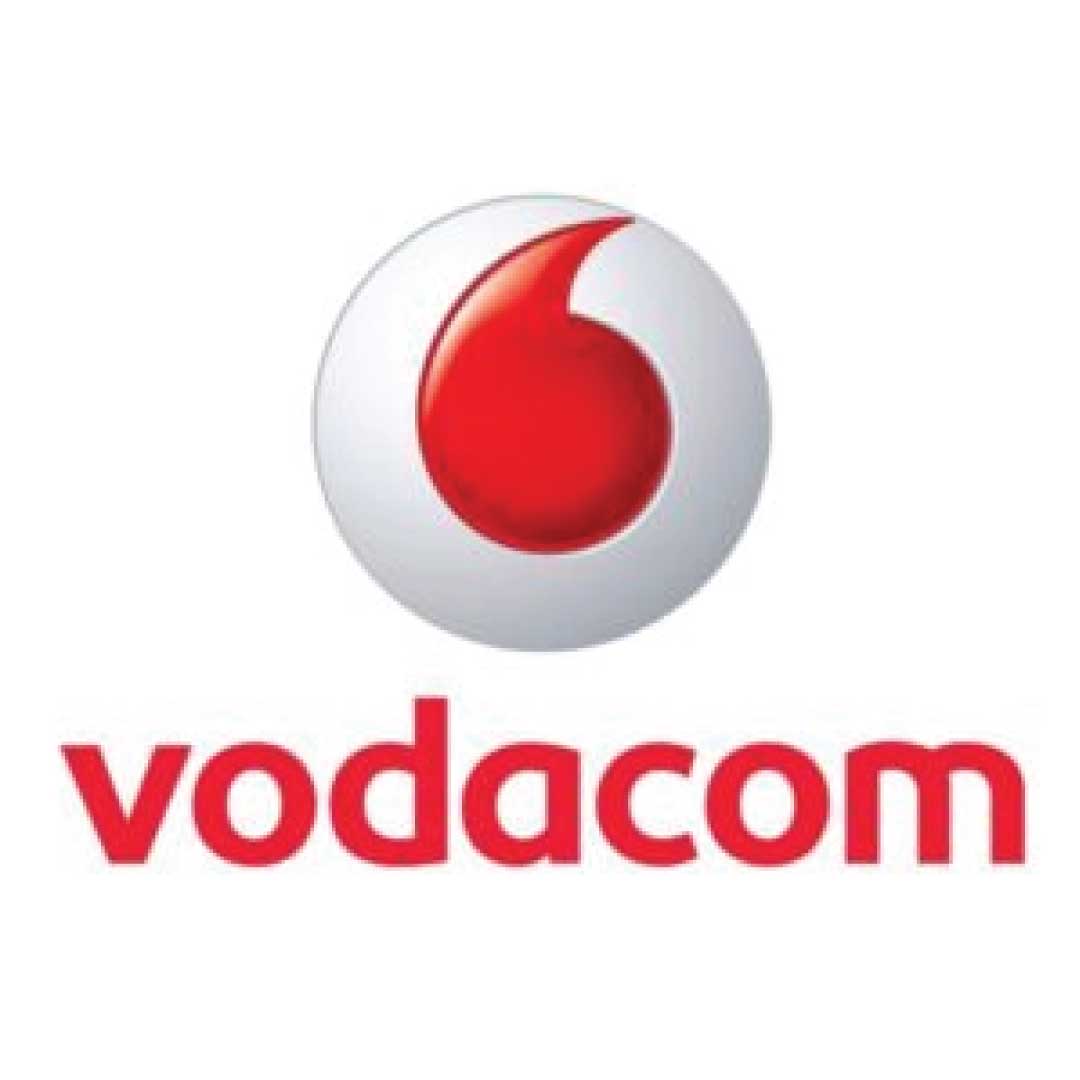

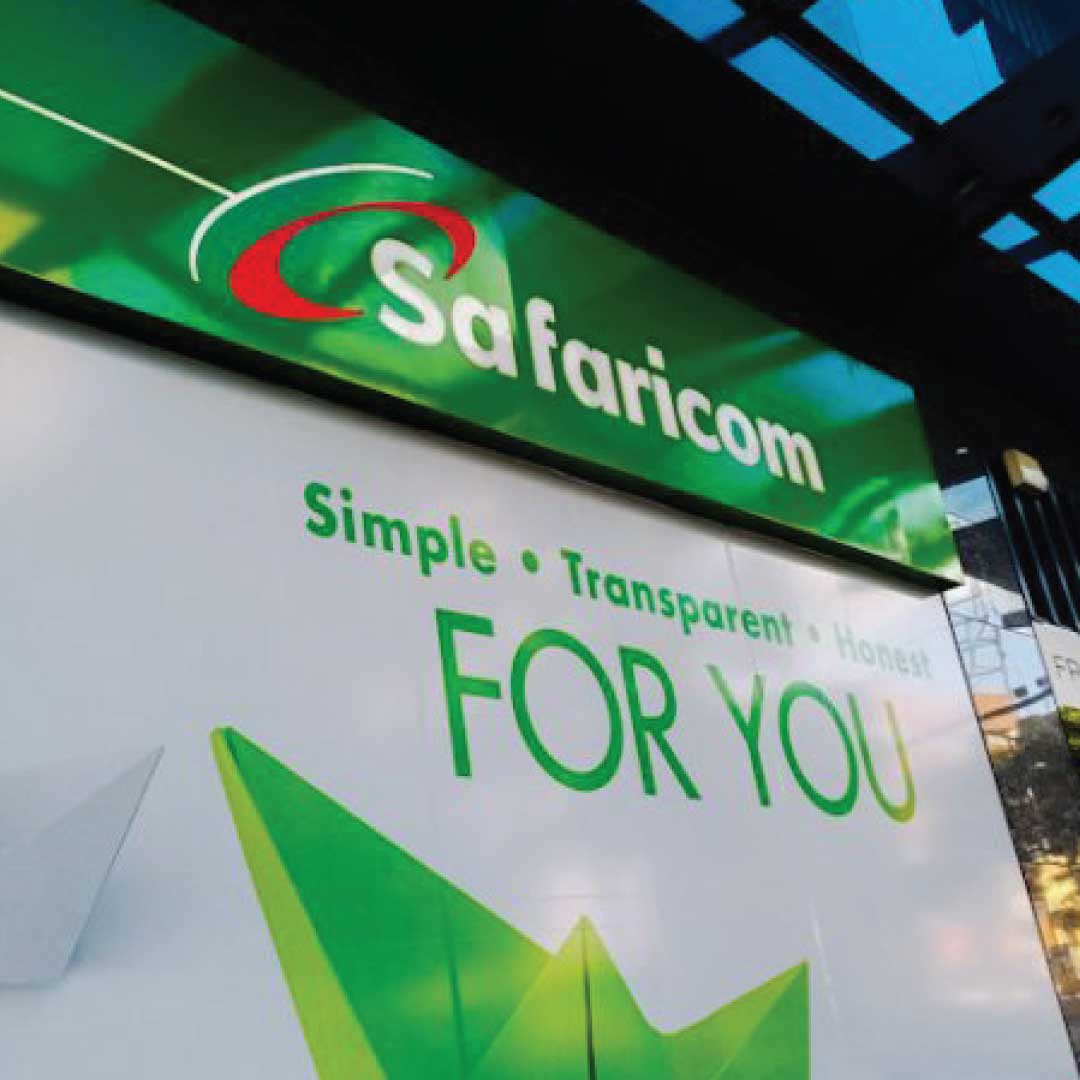
 Baze was initially launched as a subscription-based mobile-first, video-on-demand service more like
Baze was initially launched as a subscription-based mobile-first, video-on-demand service more like 
